EBRD – UKEEP – Ukraine Energy Efficiency Project

UKEEP – Ukraine Energy Efficiency Prog
The European Bank for Reconstruction and Development places special emphasis on supporting investments, which improve energy efficiency or promote renewable energy. In this context, EBRD established a dedicated credit line for energy efficiency and renewable energy projects in Ukraine aimed at end-users in the industrial sector.
The Ukraine Energy Efficiency Programme provides loans to the Ukrainian Participating Banks „PBs“, which will on-lend the funds to end-users for industrial energy efficiency and renewable energy projects. Approximately 100 million € of sub-loans will be extended by PBs under the Facility.
In order to overcome the various barriers to such investment, the EBRD mobilised technical assistance funds to support the Programme. The Energy Efficiency Experts – EEE – focus on evaluation of projects from a technical perspective and help end-users design projects through energy audits, environmental, health and safety audits and business plan preparation. The objective of the Energy Efficiency Experts is to assist individual prospective sub-borrowers identify sustainable energy opportunities, conduct energy and environmental audits and assess technical and economical feasibility of the identified projects. To achieve the set goal two audits have been carried out.
BLUESAVE carried out several audits in the Ukraine together with the Energy Efficiency Experts from ALLPLAN. The samples have been analysed in laboratories and the results compared with the Ukrainian environmental guidelines, which are in some respects harmonised with the EU-regulations and environmental legislative.
Energy Audit analysed:
- Current energy supply and energy usage
- Assessment of already implemented energy saving projects
- Assessment of the energy saving opportunities
- Profitability plan
- Results and saving audits
- Rational energy utilisation plan
Environmental and Health and Safety Audit gathered data about the:
- Environmental management and environmental legal compliance
- Site setting and sensitivity
- Soil and groundwater contamination
- Air pollution
- Water supply and waste water discharge
- Material handling, storage and transport
- Waste management
- Health and safety aspects
Based on the gathered results, potentials for improvement have been elaborated and measures to be set in place defined. The gathered information will serve for future planning of investments and project implementation.
According to the definition of the European Commission (“Integrating environmental concerns into development and economic cooperation”, Brussels, 1999) an environmental audit is “A management tool comprising a systematic, documented, periodic and objective evaluation of how well a project, organisation or equipment is performing with the aim of helping to safeguard the environment. The audit should facilitate management control of environmental practices and assess compliance with policy objectives and regulatory requirements.”
In diesem Projekt erbrachte Leistungen
-

Best Practice Studies
-
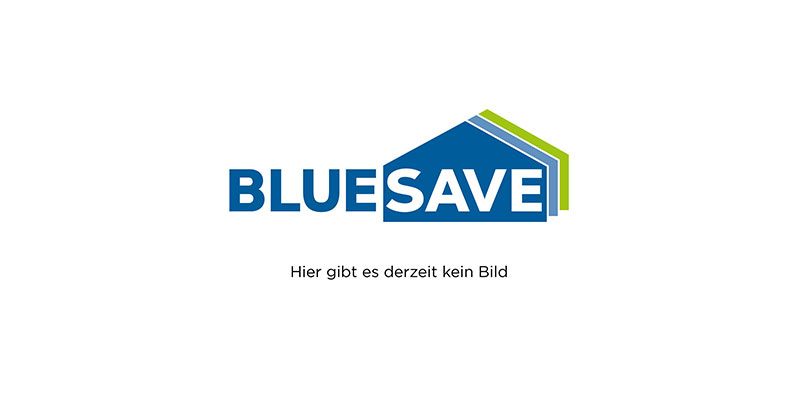
Educational Programme
-

Energieaudit
-

Energieeffizienz-Beratung
-

International Market Studies
Projekte mit ähnlichem Leistungsbild
-
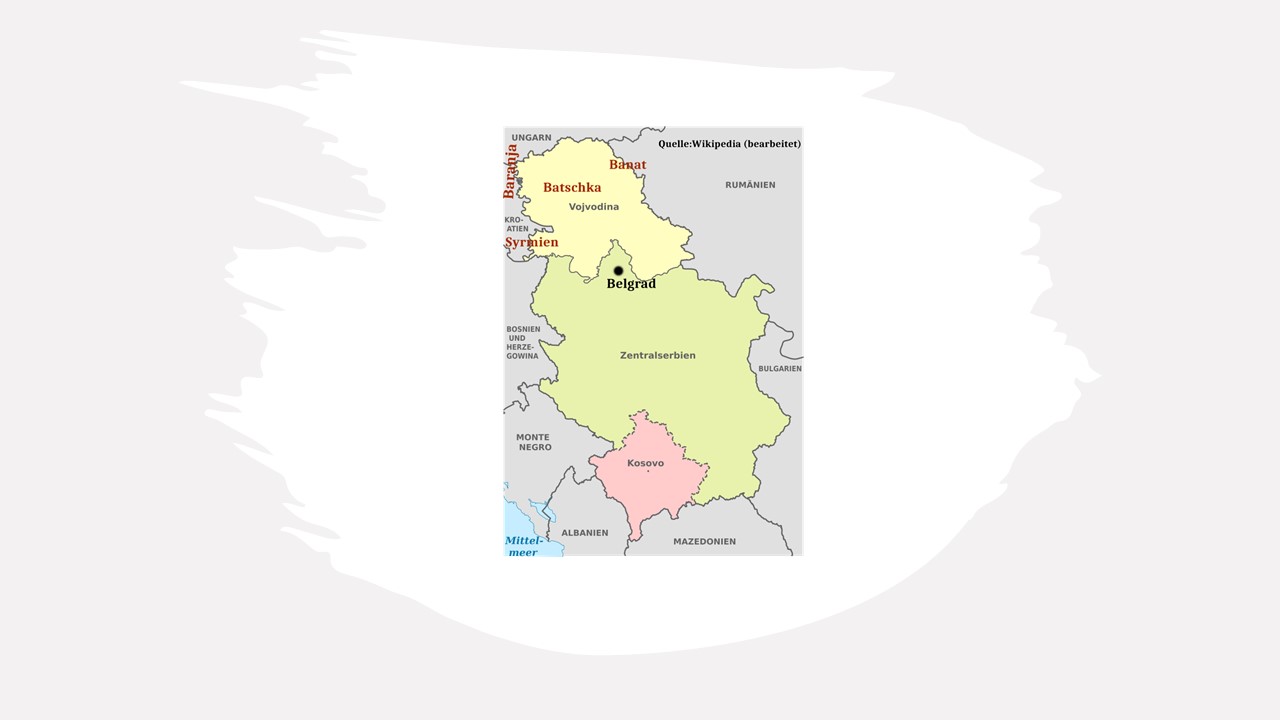
ADA – Development Partnership for Biodiesel in Voivodina, Serbia
-

ADA – Development Partnership for Biogas in Voivodina, Serbia
-
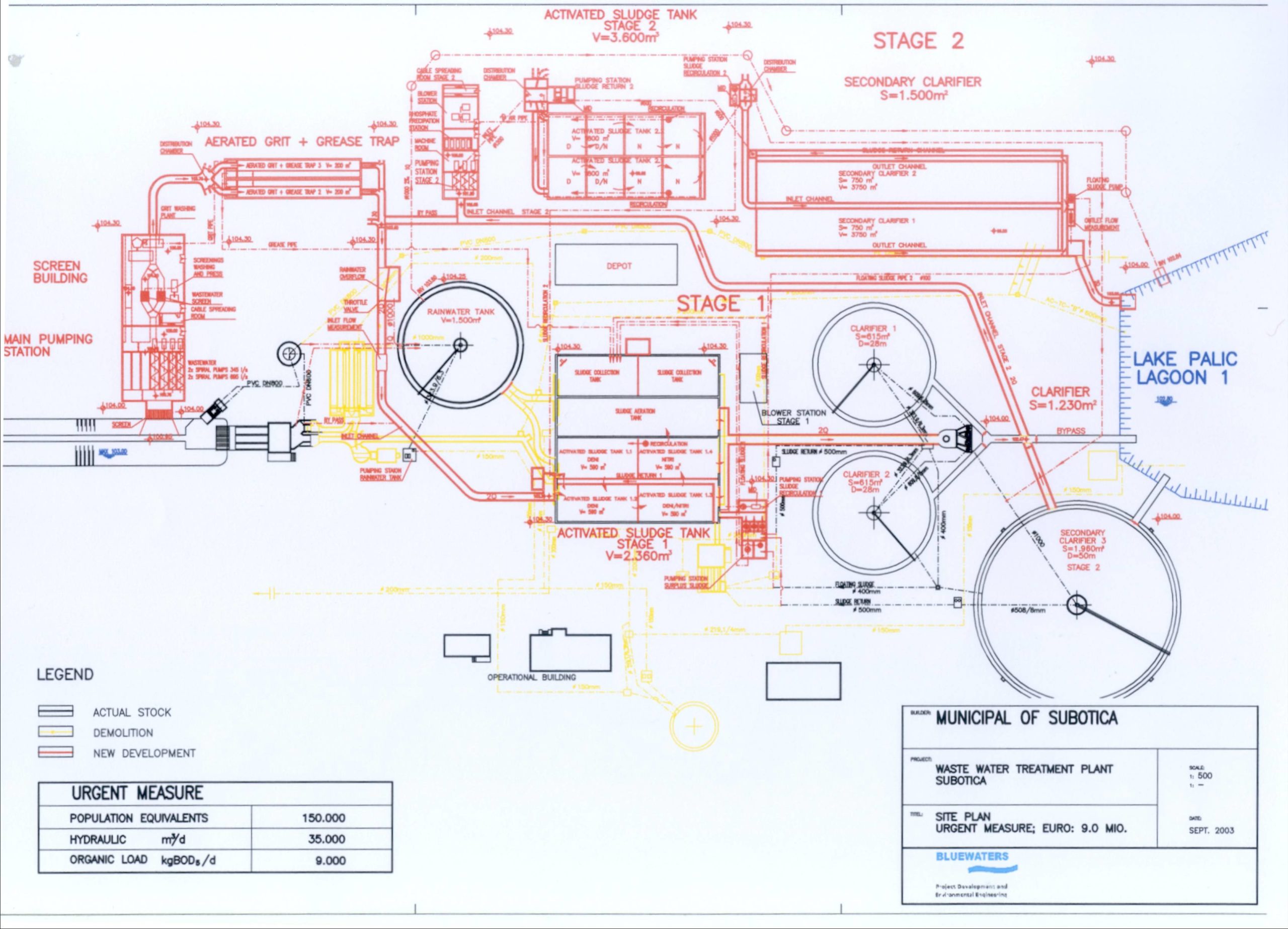
AEV Graz - Waste Management Study Vojvodina - Serbia
-
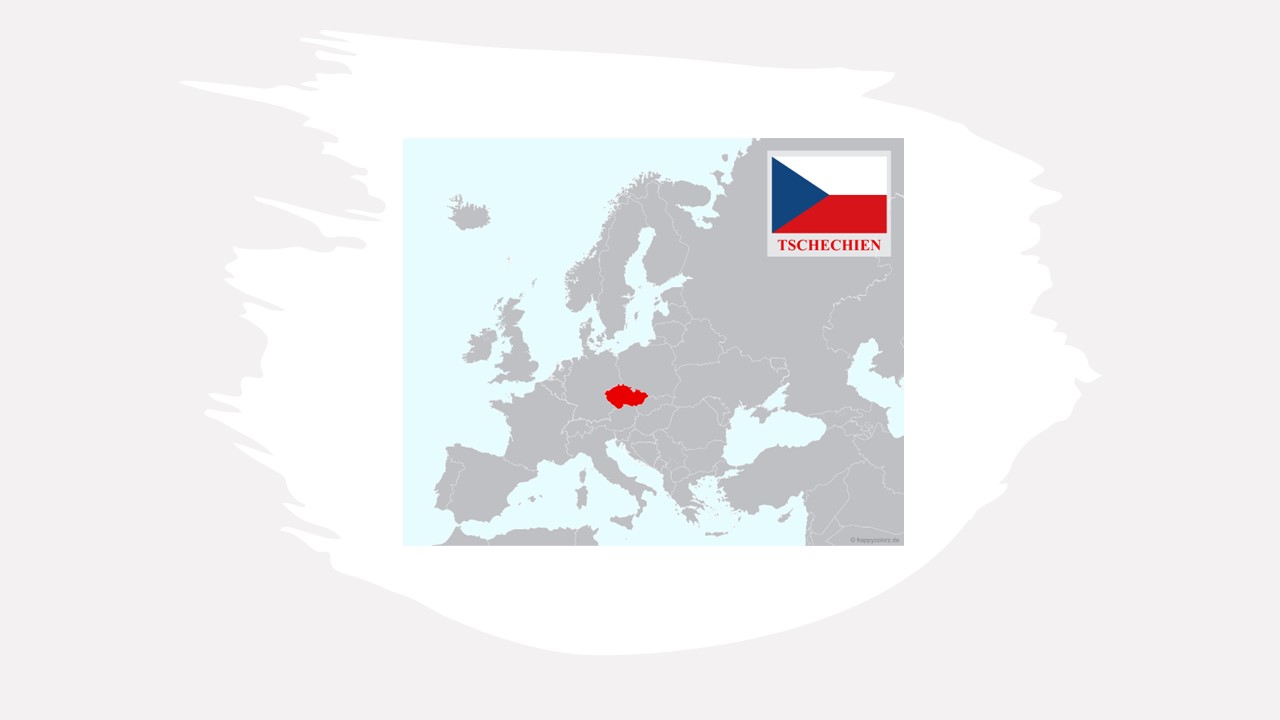
ÖKB - Market Analysis – Remediation of Contaminated Sites – Czech Republic
-
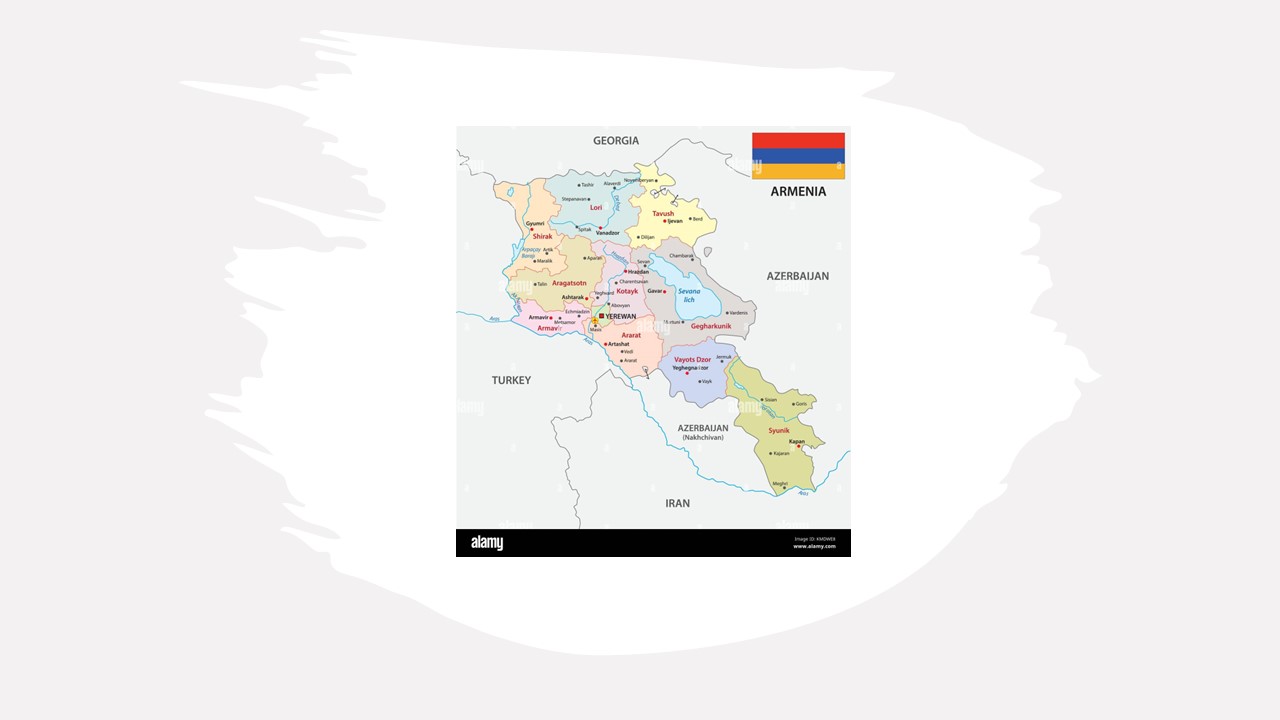
EBRD - ARMSEFF - Armenia Sustainable Energy Finance Facility
-

ÖKB - Waste Water Treatment Master Plan for Southern Moravia – Czech Republic
-

ÖKB - Market Study on Agro-Industrial Supply Chains in Vojvodina, Serbia
-

ÖKB - Market Analysis – Remediation of Contaminated Sites – Slovak Republic
-
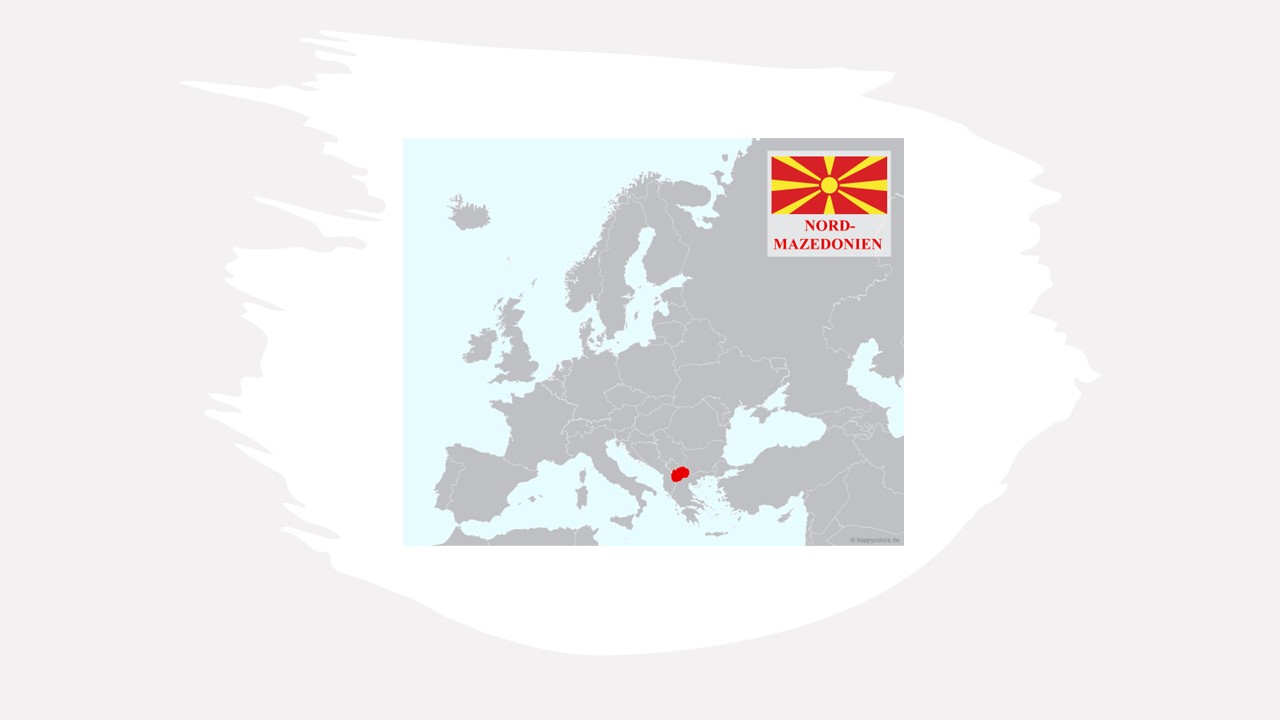
Environmental Audit for a Steel Mill in Skopje, Northern Macedonia
-

ALTENER – Geothermal Power Potential in Europe
-

IFC - RECAN - Used Beverage Cans (UBC) Supply Network Development
-

INTERREG - UTN - Treating the Sludge of Belgrade’s Stormwater Drainage System
-

INTUSER - Information Network on the Technology of Utilisation and Sustainability of Energy Resources
-

Market Analysis for Private Water Sector Engagement in Bulgaria
-

PROBIOBALKAN
-

PRODESTS - Promotion, Demonstration and Development of Sustainable Environmental Technologies for SMEs
-

Study on Regional Drinking Water Supply of the Voivodinian Region – Serbia
-

WohnMODELLmitZukunft - Wir denken in Generationen
-
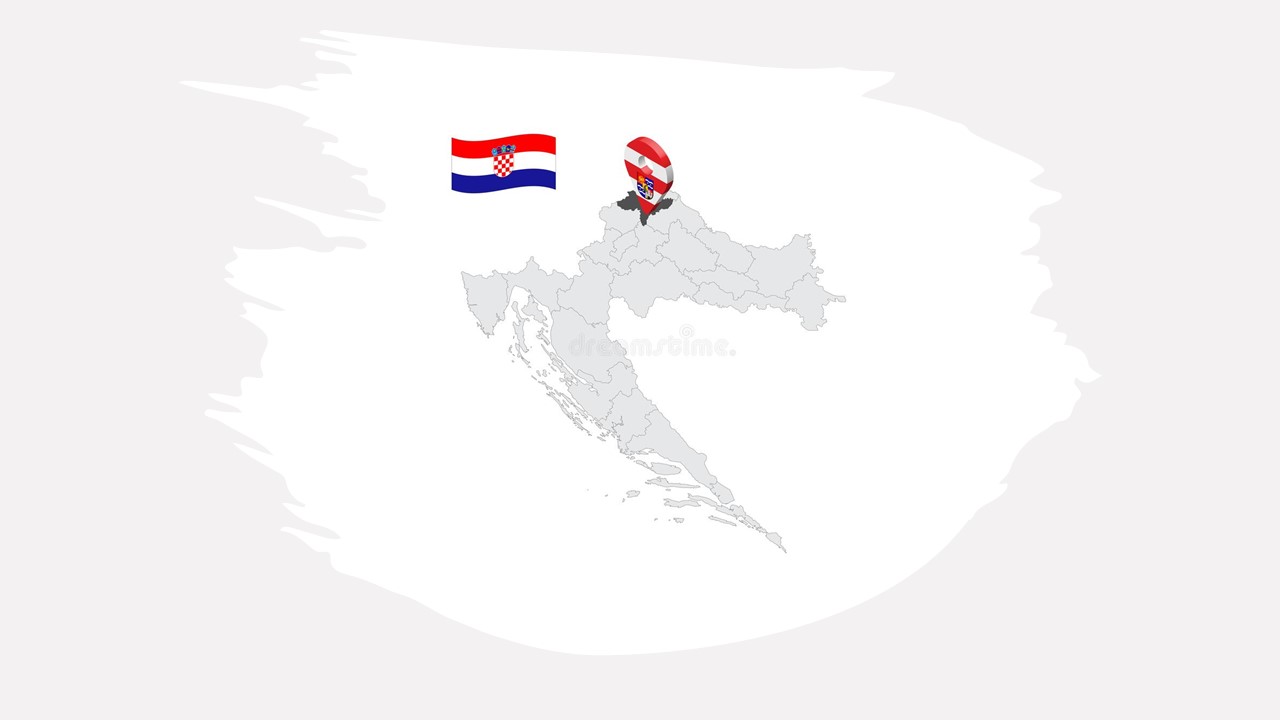
EU - DIRECT – Development of Varazdin Rural Communities
-

EU - ILEAP – Interactive Learning of Energetic Utilization of Agricultural Products and By-products
-

Millennium Tower & City
-

Sanierung David's Corner - 10., Davidgasse
-

ÖKB - Marktstudie zur Energieeffizienz und Erneuerbaren Energiequellen in der Vojvodina - Serbien




